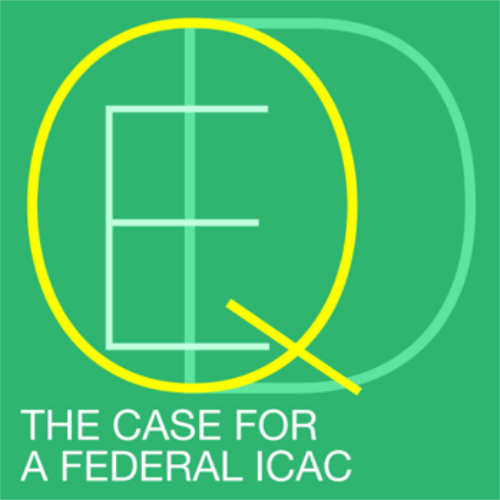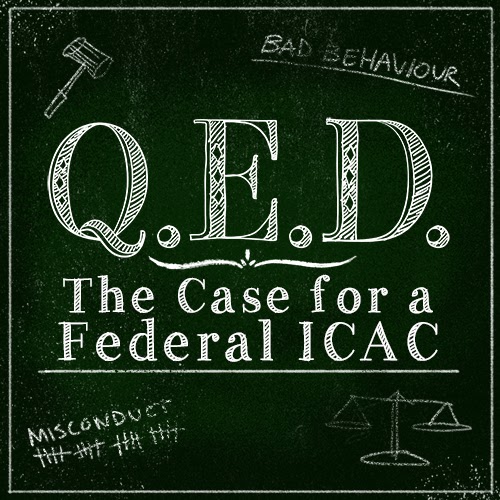Community development grants a $2.5 billion slush fund
2019 – 2022 – 2025
Officially, the Community Development Grants scheme provides funding for “critical” projects. Unofficially, it is one giant slush fund to enable the Coalition to pork-barrel its way through another two election campaigns at a cost of more than $2.5 billion.
The Community Development Grants scheme provides funding for “critical” projects where the Coalition Government has identified the need for new or upgraded facilities. “Only projects identified by the Australian Government will be considered for funding under the CDG Programme, including the Government Election Commitments since 2013 and other government-initiated projects. The CDG Programme is a non-competitive grants program.”
As Michael West Media has already pointed out, the program’s guidelines spell out its purpose as a slush fund to institutionalise public funding for political and partisan electioneering outcomes.
While the scheme was meant to end at 30 June 2020, it has now been extended by six years to 2026, enabling the Coalition to pork-barrel its way through another two election campaigns. Moreover, the cost of the rort is more than $2.5 billion, 25 times bigger than the sports rorts affair.
In 2019, Coalition seats scored 75.5% of grant money, while Labor seats received just 19.9%. The 68 Labor-held seats averaged $836,000 (22 seats received nothing), Liberal seats $2.086 million, LNP seats in Queensland $2.473 million and the 10 National Party seats an average of $6.712 million.
The Rigs are Getting Bigger: Michael Pascoe on Community Development Grants rorts


